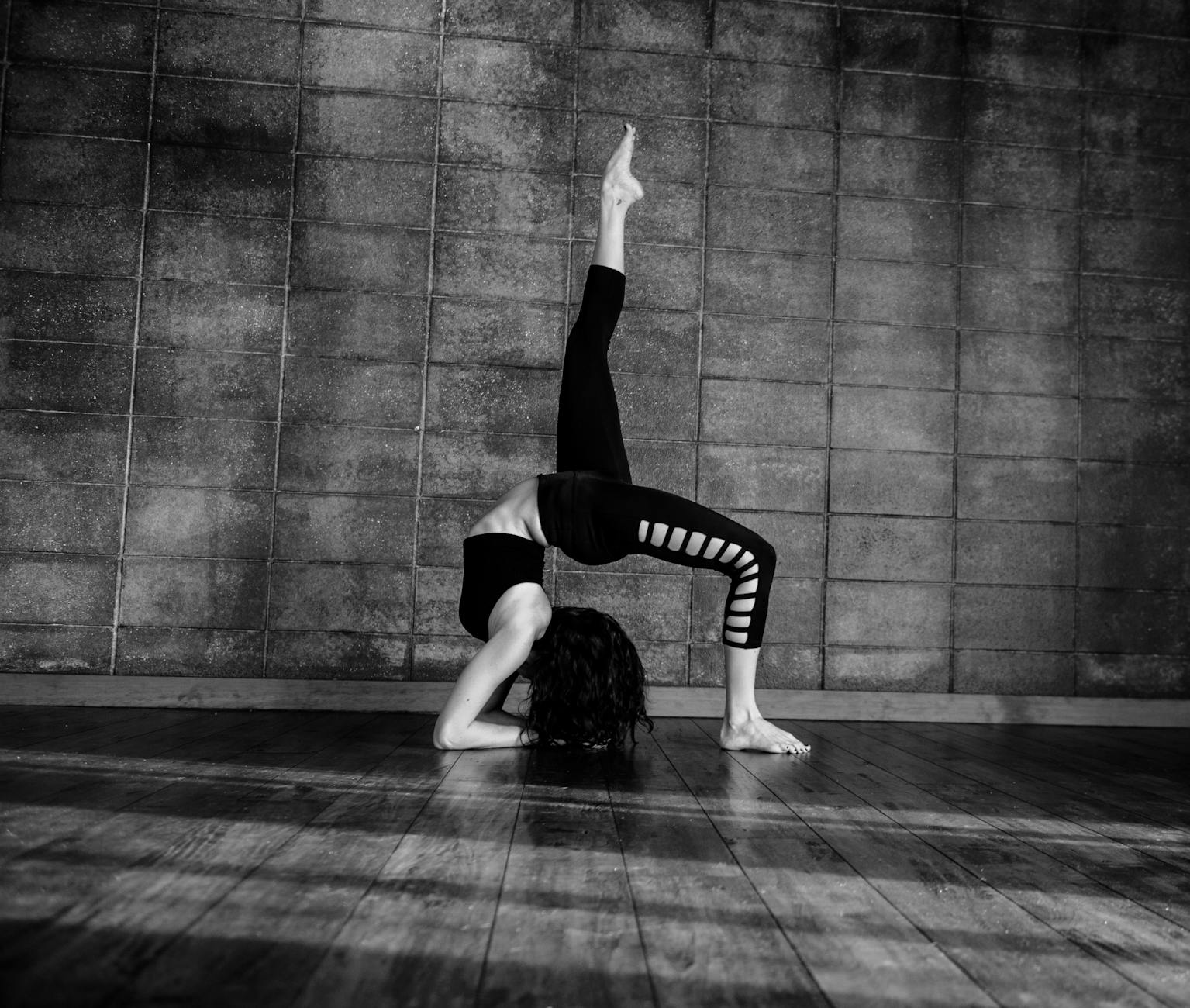What is mindful movement practices?
What is mindful movement practices?
Mindful movement practices blend physical activity with a focused awareness of the body and the present moment. These practices encourage you to connect deeply with your movement, promoting both physical wellness and mental clarity. Integrating mindful movement into your daily routine can enhance productivity and foster personal development. Imagine feeling more energized, less stressed, and more in tune with your body—this is the potential of embracing mindful movement practices.
Understanding Mindful Movement Practices
Mindful movement practices are about consciously engaging in physical activities while maintaining full awareness of your body and surroundings. This can mean paying attention to each step you take or the rhythm of your breath as you move. The core principles of mindful movement involve awareness, intention, and a non-judgmental attitude toward your experiences.
What is Mindfulness?
At its core, mindfulness is the art of being present. It means focusing your attention on the here and now, without getting lost in thoughts about the past or future. When applied to movement, mindfulness encourages you to notice how your body feels, the sensations of each movement, and the environment around you. As you practice mindful movement, you’ll find yourself cultivating a deeper understanding of your body and its needs.
Forms of Mindful Movement
There are various forms of mindful movement practices, each offering unique benefits:
Yoga: A well-known practice that combines physical postures, breathing exercises, and meditation. Yoga encourages flexibility, strength, and relaxation.
Tai Chi: Often described as “meditation in motion,” tai chi involves slow, flowing movements that help calm the mind and improve balance.
Walking Meditation: This practice transforms ordinary walking into a mindful experience. You focus on each step, feeling the ground beneath your feet and the air around you.
These practices not only enhance physical health but also promote mental clarity. For a deeper dive, check out Getting Started with Mindful Movement.
Benefits of Mindful Movement Practices
Engaging in mindful movement offers a variety of psychological and physical benefits. Let’s explore some of the most impactful advantages.
Enhancing Focus and Concentration
Mindful movement practices can significantly boost your focus and productivity. When you engage in activities like yoga or tai chi, your brain shifts into a more relaxed yet alert state. This state enhances cognitive function, allowing you to concentrate better on tasks. Have you ever noticed how a quick stretch or walk helps clear your mind? This is why incorporating mindful movement into your routine can lead to improved work performance.
Reducing Stress and Anxiety
Feeling overwhelmed? Mindful movement practices are proven stress relievers. According to a study, participants in an eight-week mindful movement program experienced up to a 33% reduction in stress levels (Russell, 2011). By focusing on your breath and movement, you can create a calming effect that alleviates anxiety and promotes emotional well-being. You might find that dedicating just a few minutes to mindful movement each day can make a noticeable difference in your stress levels.
Improving Physical Health
Mindful movement is not only beneficial for your mind but also your body. Regular practice can lead to improved flexibility, strength, and overall physical fitness. Engaging in mindful movement encourages you to listen to your body and respect its limits, which can help prevent injuries. For more insights on the physical benefits, check out Mindful Movement: How It’s Done and Why It’s Good for You.
Incorporating Mindful Movement into Daily Life
Integrating mindful movement into your busy lifestyle is easier than you might think. Here are some practical tips to get started.
Creating a Mindful Movement Routine
Establishing a regular practice can be as simple as setting aside a few minutes each day. Consider doing yoga in the morning or taking a mindful walk during your lunch break. The key is to find a time that works for you and stick with it. This could also mean joining a local class or following online sessions to keep your practice engaging.
Integrating Mindfulness into Work and Study
You can apply mindful movement techniques during work or study breaks. For instance, take a moment to stand up, stretch, or walk around your workspace. Focus on your breath and the sensations in your body as you do this. These short breaks can significantly enhance your focus and productivity, making a busy day feel more manageable.
Conclusion: The Path Forward with Mindful Movement Practices
Mindful movement practices offer a transformative approach to enhancing both your physical and mental well-being. By incorporating these practices into your daily routine, you can experience improved focus, reduced stress, and better overall health. I encourage you to explore various forms of mindful movement and find what resonates with you. Whether it’s yoga, tai chi, or walking meditation, the journey to mindfulness can lead to a more balanced and fulfilling life.
As you embark on this path, remember that every small step counts. Embrace the process and enjoy the numerous benefits that mindful movement can bring to your life.

Photo by Danielle Reese